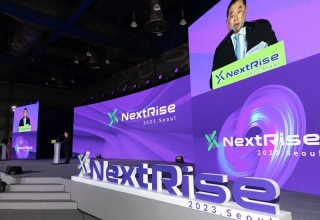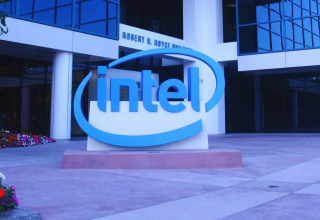
Epic Games will pay $520 million to resolve charges that it improperly gathered the personal information of children and deceived consumers into completing purchases, the Federal Trade Commission and the business said on Monday, December 19.
It will pay a record $275 million fine for breaking a children’s privacy legislation, and it will implement strict default privacy settings for youngsters. According to the FTC, Epic Games will also pay $245 million to reimburse individuals deceived into making unintended transactions by so-called “dark patterns.”
FTC Chairwoman Lina Khan stated in a statement that Epic utilized privacy-invasive default settings and misleading interfaces to fool Fortnite players, especially minors.
The announcement comes as the agency has assumed a more robust role in regulating the gaming sector, lodging a lawsuit against Microsoft’s $69 billion offer to purchase Activision last week.
Keep Reading
Epic said in a statement on Monday that it has abolished pay-to-win and pay-to-progress mechanisms for two-player competitions, as well as random item loot boxes for 2019. Additionally, it stated that it will include an explicit yes/no option to save payment information.
It was stated that reimbursements may be requested by credit card. “If a cardholder discovers an unlawful transaction on their account, they may contact their bank to have it reversed,” the business stated in a statement.
To safeguard minors, Epic has included parental restrictions that are simpler to use, a PIN requirement for parents to authorize transactions, and a daily spending cap for children under 13.
The FTC stated that Epic workers had raised worry over the company’s default settings for youngsters, stating that voice chat should be opt-in only. Voice and text chat must be disabled by default, under the FTC.
Children’s privacy activists were happy with the settlement, with Jeff Chester of the Center for Digital Democracy stating that “with this enforcement of the federal children’s data privacy statute (COPPA), children’s data privacy rights should be better protected.”


























